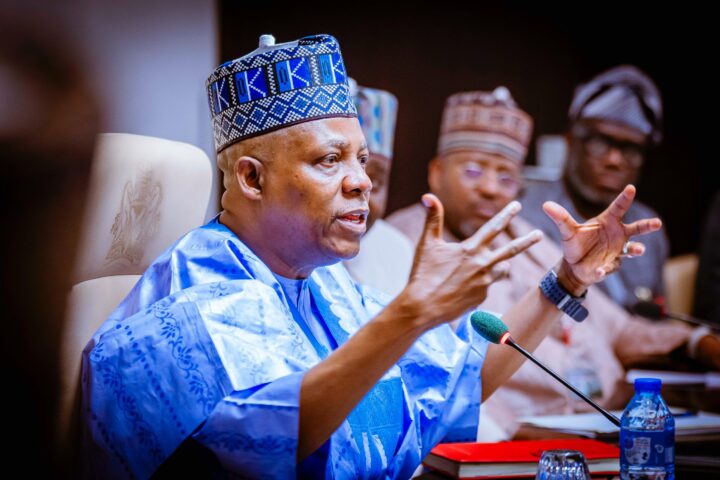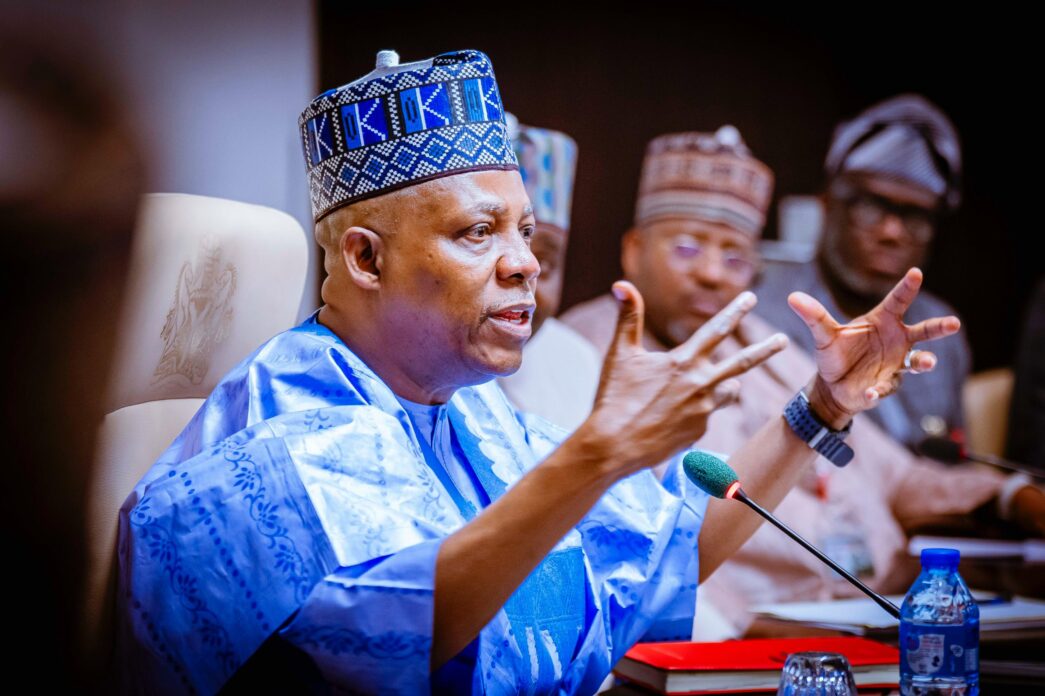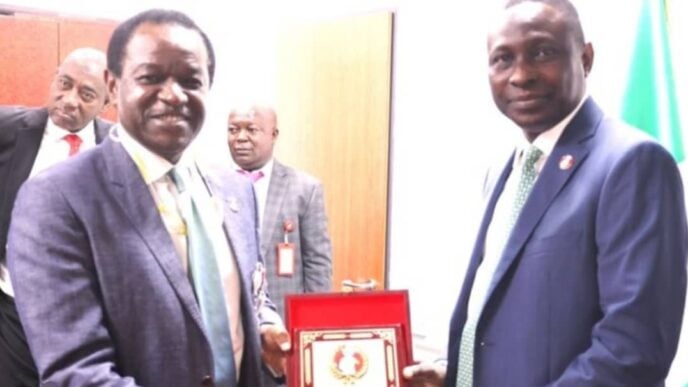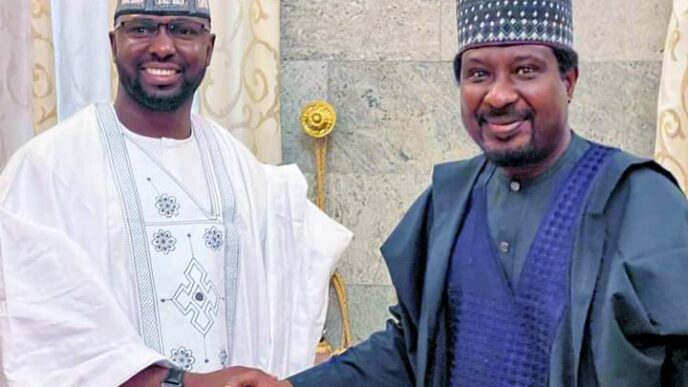Vice-President Kashim Shettima .
Vice-President Kashim Shettima says Nigeria will continue to shelter Africans displaced by conflict and natural disasters.
Shettima spoke in Abuja on Wednesday when he received a delegation from the United Nations High Commissioner for Refugees (UNHCR) at the State House.
He assured the delegation that President Bola Tinubu would fully support initiatives designed to alleviate the suffering of displaced persons within and outside Nigeria’s borders.
“I know how vital the UN system is. You have assisted us tremendously in addressing our challenges in the north-east and the nation as a whole,” the vice-president said.
Advertisement
“For Nigeria, we will continue to accommodate our brother Africans displaced by conflict and natural disasters. I want to assure you that our partnership with the UN family will only be strengthened.
“We are open to new ideas for collaboration, especially the UN’s emphasis on sustainable resettlement of refugees.
“By embracing sustainable pathways in resettling people, we can avoid donor fatigue.”
Advertisement
Shettima said the government acknowledged and understood the difficulty of the situation in the Sahelian region strained by a shaky economy, insecurity, poverty, and climate change.
He assured that Tinubu is working “round the clock” to get things right.
On his part, Raouf Mazou, the UNHCR assistant high commissioner for operations, commended Nigeria’s treatment of refugees, adding that the agency is working to transition towards sustainable development strategies.
“The World Bank has a facility for refugees and host communities, and we would be accessing these facilities to see how we can bring additional support primarily to help the host communities,” Mazou said.
Advertisement
“We are now focusing on a shift primarily from providing humanitarian assistance to development. We are making sure that people become more self-reliant as much as possible.
“We are working with the World Bank and the International Finance Corporation to tap into the resources of the private sector for this sustainable programming.”
The UN official said this new approach aims to address long-standing issues of dependency on aid and facilitate easier reintegration when refugees return to their home countries.
Advertisement










